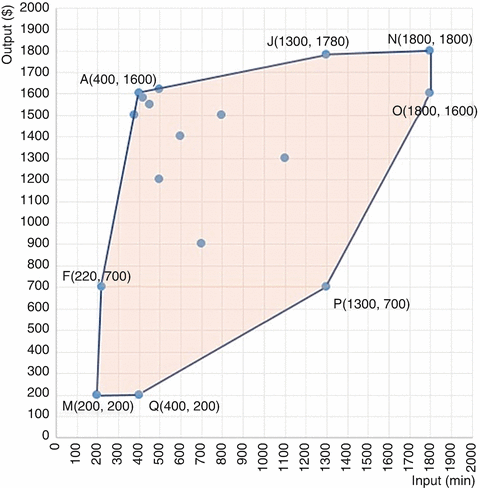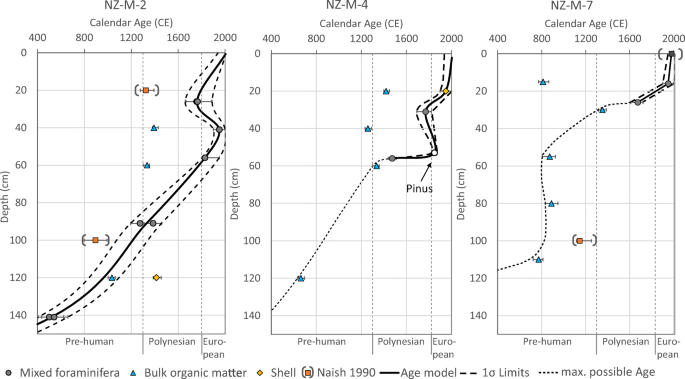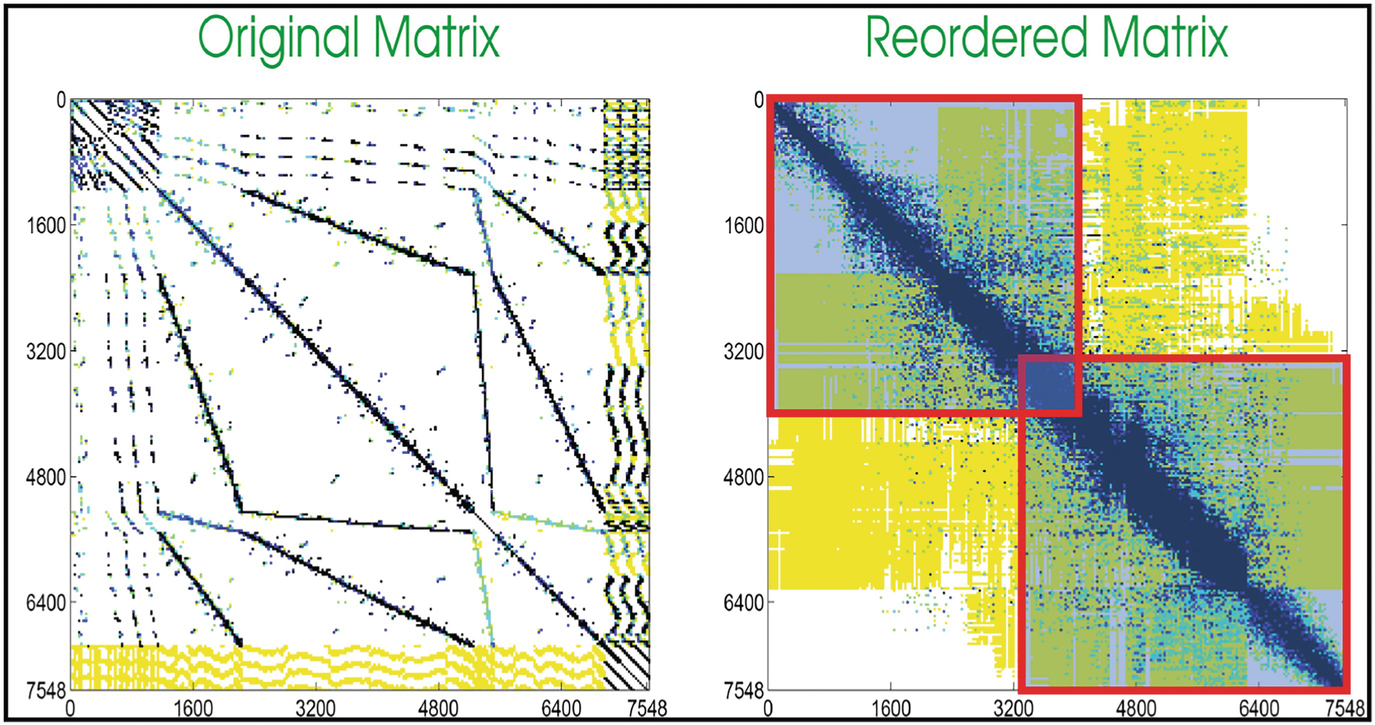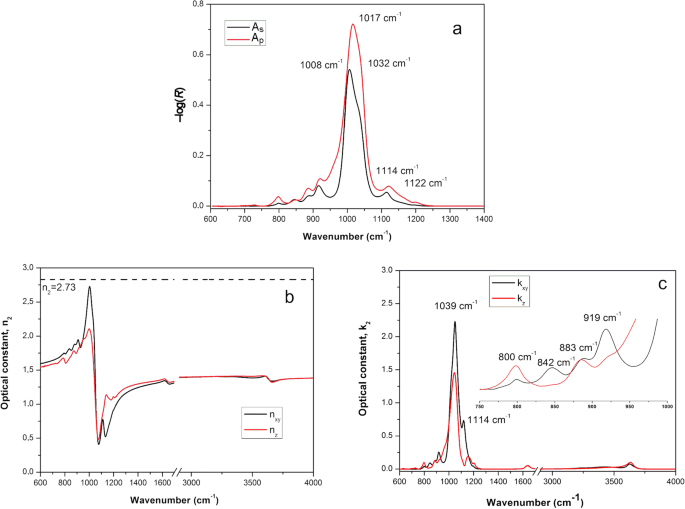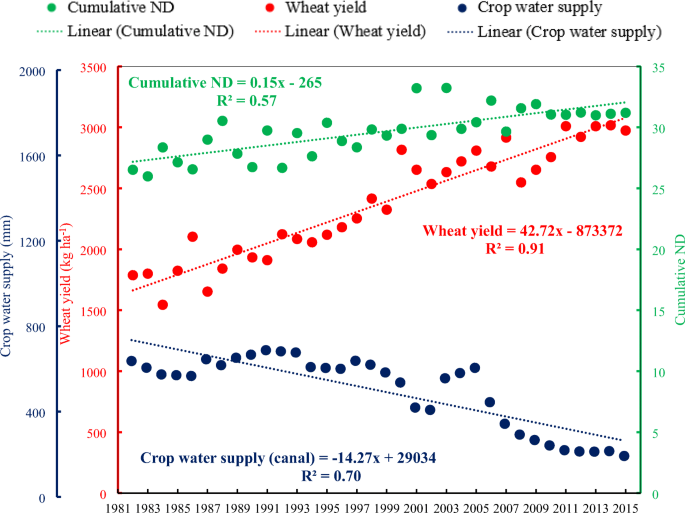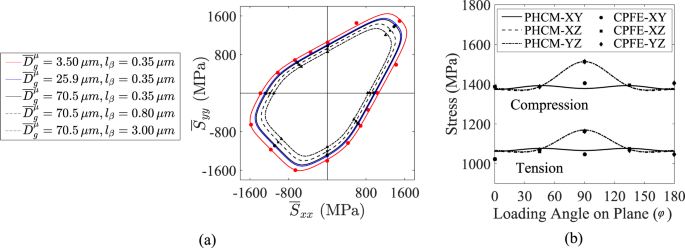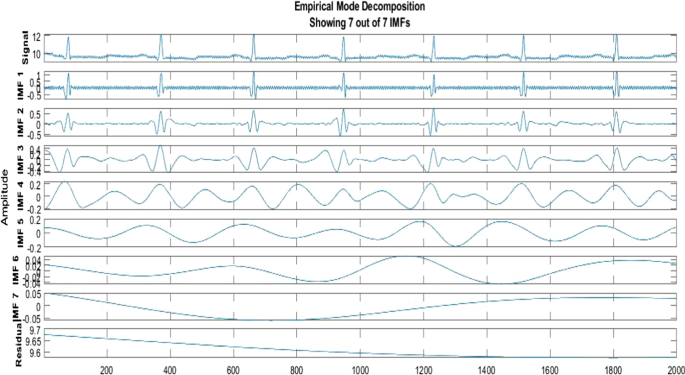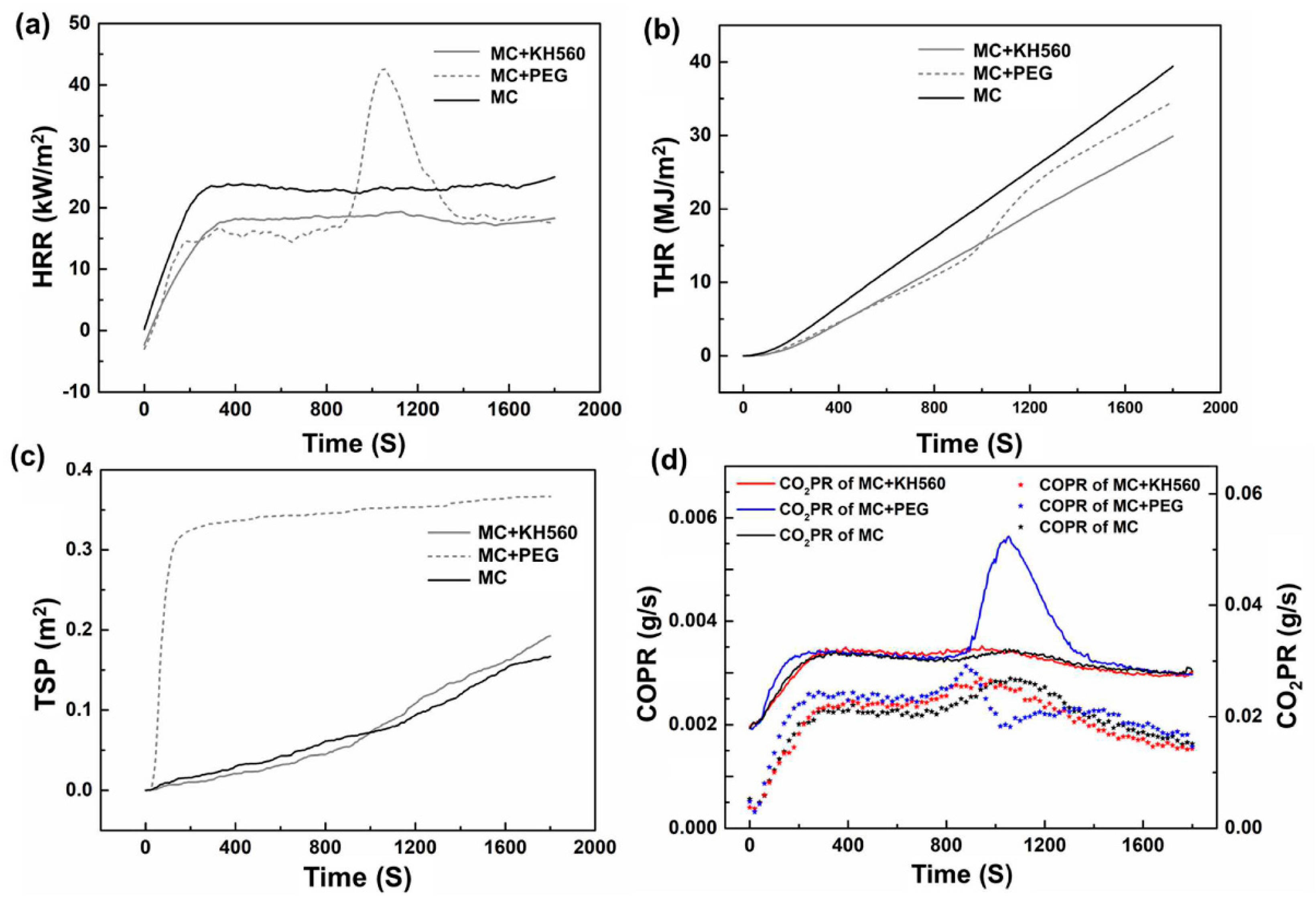Find The Square Root Of 1600 By Prime Factorization

Finding square root of a number by prime factorization square root of a number is the value that returns the original number on multiplied by itself.
Find the square root of 1600 by prime factorization. Your prime factorization is the empty product with 0 factors which is defined as having a value of 1. Your prime factorization is the empty product with 0 factors which is defined as having a value of 1. Ii inside the square root for every two same numbers multiplied one number can be taken out of the square root. Determine the square root of 196.
The number 1 is not a prime number but a divider for every natural number. Cubed root of 1600. Square root by prime factorization method example 1 find the square root. The number 1 is not a prime number but a divider for every natural number.
Is 1600 an odd number. Find the square root by prime factorization 9025 what is the simpla way of finding square root find the square root of number 1764 by primary factorisation method please help me to solve 169 square root of 10 58 find the square root of 18662400. 1962 h714 determine the square root of 84. It is often taken as the smallest natural number however some authors include the natural numbers from zero.
Square root of 1600. Find the product of factors obtained in step iv. Prime factors of 1600. Find primes by trial division and use primes to create a prime factors tree.
Prime factorization by trial division. The product obtained in step v is the required square root. Thew following steps will be useful to find square root of a number by prime factorization. Say you want to find the prime factors of 100 using trial division.
Iii combine the like square root terms using mathematical operations. Take one factor from each pair. Notice 196 2 2 7 7 since there is an even number of prime factors and they can be grouped in identical pairs we know that 196 has a square root that is a whole number. 0 00 how to fin.
We cover two methods of prime factorization. Finding square root by prime factorisation is an easy method. Taking one number from each pair and multiplying we get. I decompose the number inside the square root into prime factors.
Start by testing each integer to see if and how often it divides 100 and the subsequent quotients evenly. It is often taken as the smallest natural number however some authors include the natural numbers from zero.




























